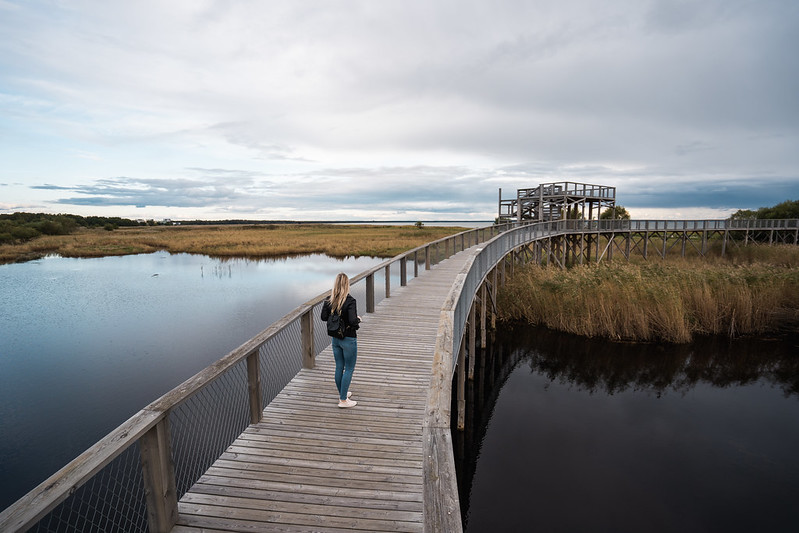There has been a major shift in human behaviour and mentality in terms of sustainable thinking and acting. The principles of sustainability are more topical in tourism than ever before, and it seems that they are naturally implemented into every development and service provided.
Environmental awareness is growing among visitors which, in turn, require better services of higher quality, and an environmentally friendly attitude in every aspect of actions taken. Visitors value local heritage, and expect a high quality and diversity of services including more activities on the water.
Businesses also receive different visitors who want to get actively involved in water sports and sailing which can be enjoyed all year round. It is evident that the influence of the COVID-19 pandemic has changed the visitor profiles who are now mostly locals enjoying the marine environment. However, for many people the seaside mostly means the sun and beach but nothing more. This is something the tourism industry should consider when developing coastal and maritime tourism.
In addition, tourism entrepreneurs who are not local, or who have recently moved to the coast to start providing tourism services, are keener to develop different and new services than locals. The locals seem to remain passive which can be explained by the fact that they do not want to have too many visitors who could potentially disturb their life. They want to keep the flow of visitors rather moderate and are not so much focused on making profits.
To increase attractiveness of coastal areas, tourism entrepreneurs need skills in service design, product development and digital marketing. Local micro-entrepreneurs often keep their business as a side activity for the high season and have another job during the low season. They lack focus on service development and keep it as simple as possible. These skills gaps keep the existing services pretty basic and therefore below the actual demand.
This was discovered in the expert interviews organised in Estonia by the Skills4CMT project. The interviews aimed to increase understanding of the needed sector-specific skills and qualifications in coastal and maritime tourism. In addition to Estonia, the interviews were conducted in Finland, Latvia, the Netherlands and Ireland.
University of Tartu Pärnu College
Photo: Priidu Saart, Visit Pärnu


